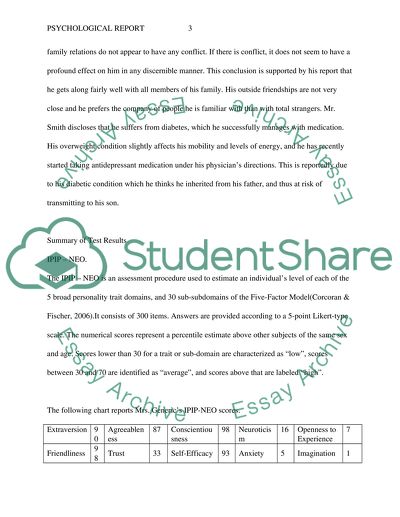Cite this document
(“Psychological report Research Paper Example | Topics and Well Written Essays - 1750 words”, n.d.)
Retrieved from https://studentshare.org/psychology/1480614-psychological-report
Retrieved from https://studentshare.org/psychology/1480614-psychological-report
(Psychological Report Research Paper Example | Topics and Well Written Essays - 1750 Words)
https://studentshare.org/psychology/1480614-psychological-report.
https://studentshare.org/psychology/1480614-psychological-report.
“Psychological Report Research Paper Example | Topics and Well Written Essays - 1750 Words”, n.d. https://studentshare.org/psychology/1480614-psychological-report.


